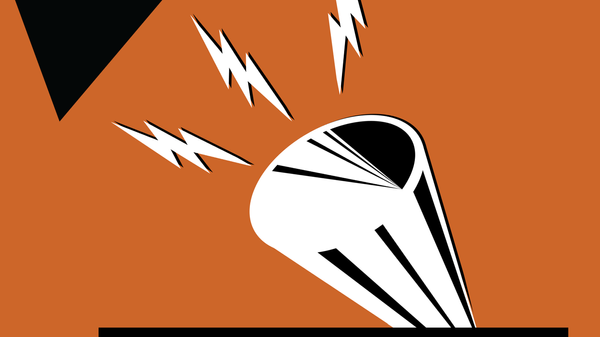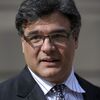Chile’s government declared a state of emergency and brought the military out onto the streets for the first time since the end of the military dictatorship in 1990 in response to the most intense wave of demonstrations the country has seen in decades. The uprising was triggered by an increase in subway fares but has tapped into deep-seated discontent with economic inequality. A general strike is taking place today.
UK Prime Minister Boris Johnson said today that he will pull the vote on Brexit if parliament passes any amendment “which would render it meaningless.” But parliamentary speaker John Bercow will not even allow a vote in the first place. Meanwhile, Wikileaks cofounder Julian Assange was in a London court today, where he was denied a delay in his extradition to the United States. That hearing will now take place over five days in February. Neil Clark, a journalist and broadcaster whose work has appeared in The Guardian, The Week, and Morning Star, joins the show.
White House Acting Chief of Staff Mick Mulvaney confirmed last Thursday in a press briefing that the President had sought a quid pro quo with the government of Ukraine when he sought to withhold military assistance until Ukrainian President Zelensky began an investigation of the 2016 election. Mulvaney also said this kind of thing happens all the time and he told Democrats to “get over it.” Over the weekend, however, he backpedaled mightily, denying that he ever admitted to a quid pro quo. Democrats, meanwhile, are treating the interview as one more nail in the President’s impeachment coffin. Brian and John speak with Ted Rall, an award winning journalist and editorial cartoonist at www.rall.com.
Early election results in Bolivia show President Evo Morales leading, but not by enough to avoid a runoff in his race for a fourth term. Morales has 45 percent to 38 percent for conservative former president Carlos Mesa. Meanwhile, protestors in Ecuador appear to have won their fight to force President Lenin Moreno to back down from his proposed cuts to fuel subsidies. Demonstrations had grown so large that Moreno temporarily moved the government from Quito to the coastal city of Guayaquil. Alina Duarte, a journalist whose work is on Twitter @AlinaDuarte_, joins the show.
Monday’s segment “Education for Liberation with Bill Ayers” is where Bill helps us look at the state of education across the country. What’s happening in our schools, colleges, and universities, and what impact does it have on the world around us? Bill Ayers, an activist, educator and the author of the book “Demand the Impossible: A Radical Manifesto,” joins Brian and John.
In this segment, The Week Ahead, the hosts take a look at the most newsworthy stories of the coming week and what it means for the country and the world, including the unfolding crises for the Trump administration, the uprising in Chile, Brexit, the Canadian election and more. Sputnik News analysts and producers of this show Nicole Roussell and Walter Smolarek join the show.
Monday’s regular segment Technology Rules is a weekly guide on how monopoly corporations and the national surveillance state are threatening cherished freedoms, civil rights and civil liberties. Web developer and technologist Chris Garaffa and software engineer and technology and security analyst Patricia Gorky join the show.
We'd love to get your feedback at radio@sputniknews.com


